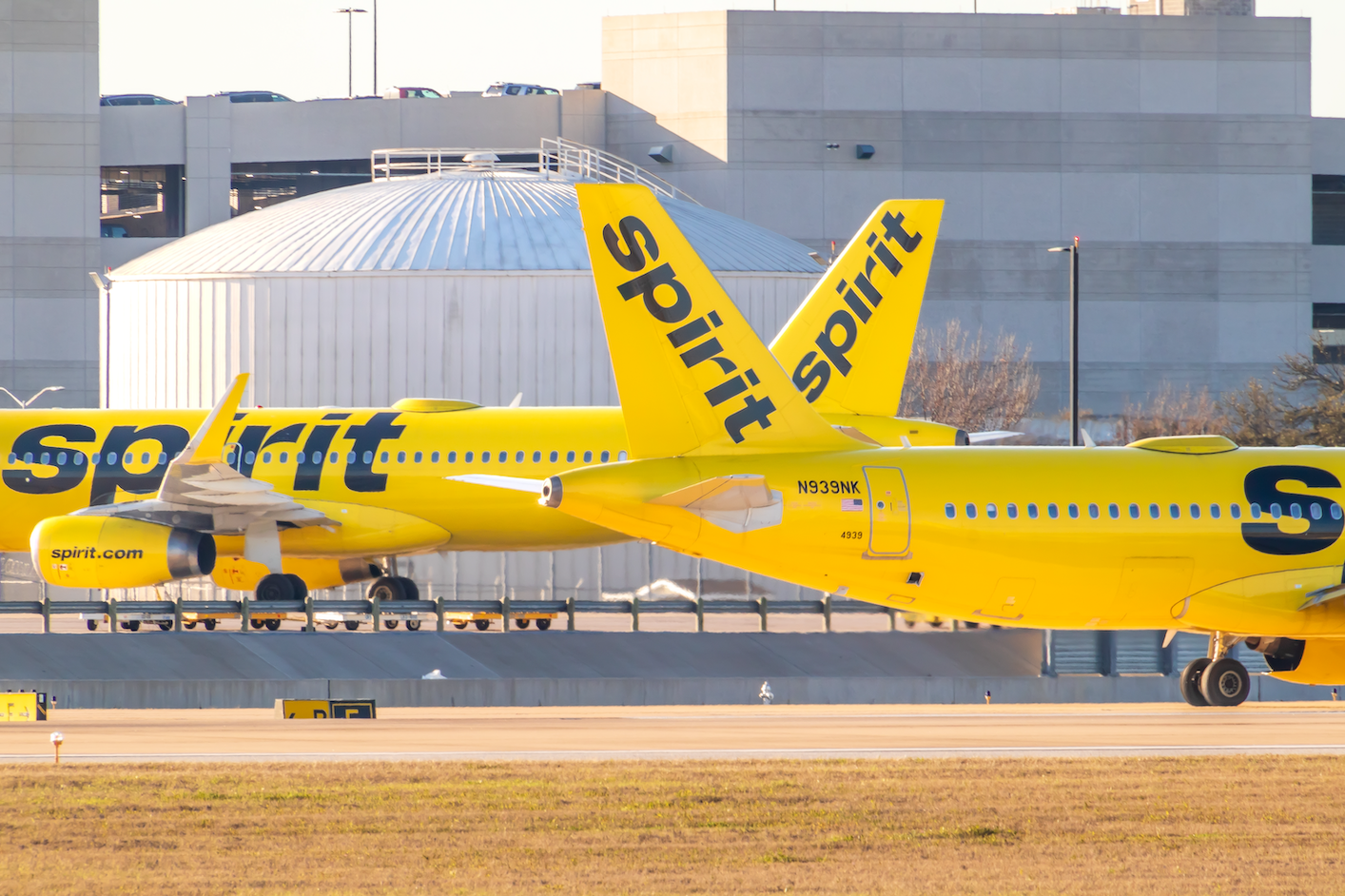Spirit Airlines disclosed at the end of last week that it had entered into an agreement with International Aero Engines (IAE), an affiliate of Pratt & Whitney (P&W), which manufactures the PW1100G-JM geared turbo fan (GTF) engine, to secure compensation for each Spirit A320neo that has been rendered operational due to the issues with the engine.
In July 2023, P&W announced that it had determined that a rare condition in the powdered metal used to manufacture certain engine parts would require accelerated inspection of the PW1100G-JM GTF fleet, which powers the A320neo aircraft. Pratt & Whitney notified Spirit that nearly all GTF engines in its fleet, including potentially the engines slotted for near term future aircraft deliveries would be subject to the removal and inspection, or replacement, of the powdered metal impacted parts. As a result, Spirit removed engines from service and grounded some of its A320neo aircraft for inspection requirements.
IAE has agreed to provide compensation for each unavailable aircraft due to GTF engine issues which has been primarily determined by the number of days accumulated in 2024 in which Spirit aircraft are unavailable for operational service. Spirit disclosed that the estimated impact to its liquidity is expected to be between $150 million and $200 million.
As part of the agreement with IAE, Spirit has also agreed to release the company and its affiliates from claims related to the impacted engines that have accrued or may accrue prior to December 31, 2024.
Spirit added that it “intends to discuss appropriate arrangements with Pratt & Whitney in due course for any Spirit aircraft that remain unavailable for operational service after December 31, 2024”.
Meanwhile, today (April 2) is the day that GE Aerospace becomes an independent company when it rings the bell later today to be listed on the New York Stock Exchange.
GE and GE Aerospace chair and CEO Larry Culp, said during GE’s investor day on March 7 that the aerospace business was well placed to capitalise on the strong rebound in demand for travel as airlines resume new aircraft orders.
“We really are at a point in time where demand isn't our challenge,” said Culp. “Not that we take anything for granted, but given the flying public's thirst for more travel, we've seen a very strong recovery post-pandemic. And now we're talking about not where we are versus 2019, but where we're going in the future, and we see mid-to-high-single-digit growth in that regard, and that's certainly represented in the airframers' backlogs.”
Culp noted that GE Aerospace’s current $32bn portfolio, while smaller than GE of old, was “big enough” adding that the company has “an enviable position with our installed base in CES, 44,000 engines, keeping many of those 900,000 passengers aloft on a daily basis”. He also stressed that some 70% of GE Aerospace’s revenue come from services, which keeps the company close to the product and close to customers on an almost daily basis.
Analysts have estimated that GE Aerospace will be worth nearly $140 billion.
Spirit counts cost of GTF issues; GE Aerospace becomes independent company

